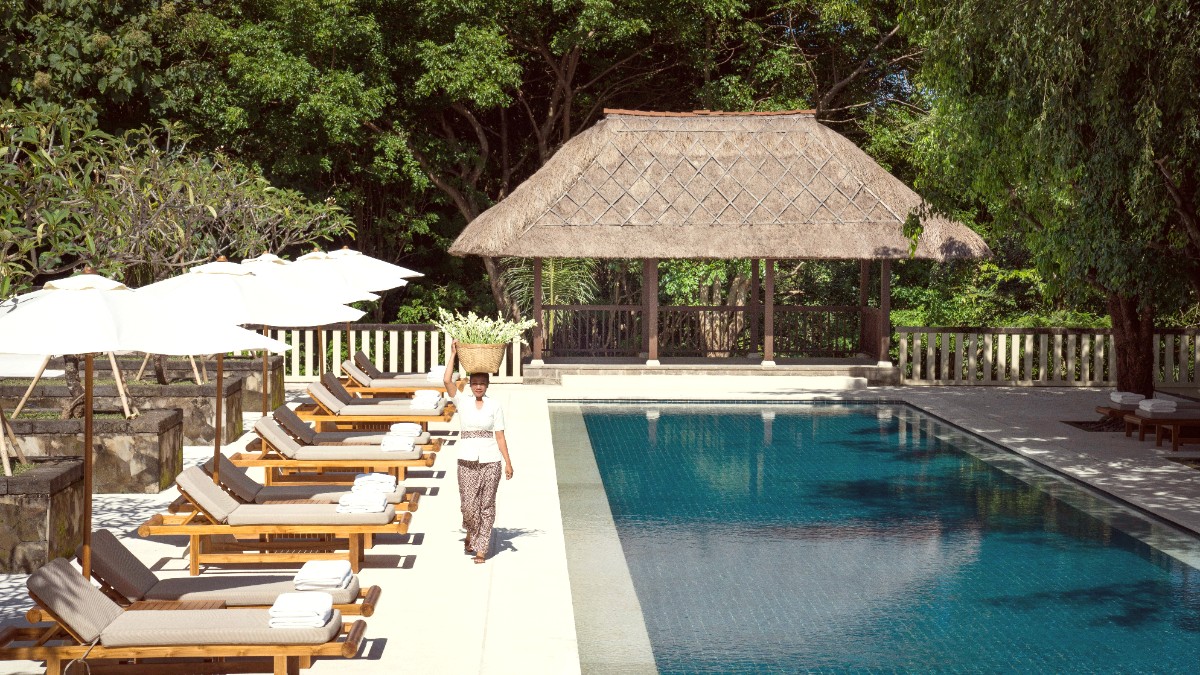
Indonesia
Telkomsel, XL Axiata, and Indosat Ooredoo operate as the main mobile network operators. Telkomsel generally has the broadest coverage.
Wi-Fi access is extensive and usually reliable across Nusa Dua.
The official language is Bahasa Indonesia; Bahasa Bali is the local language. English is widely understood in Nusa Dua's tourist areas.
Using a few local phrases makes a positive impression.
While English is common in tourist areas, attempting a few Indonesian phrases shows respect and can enrich interactions with locals.
Shops generally open 10:00 AM to 10:00 PM. Restaurants operate from early morning until late evening.
ATMs are available 24/7. Banks for in-person transactions operate Monday to Friday, generally 8:00 AM/9:00 AM to 3:00 PM/4:00 PM.
Indonesia observes national public holidays. Balinese Hindu holidays, especially Nyepi, see reduced or altered services.
Nyepi usually falls in March or April. The entire island, including the airport, closes for 24 hours.
Less common in Nusa Dua due to its year-round tourism focus. However, some smaller businesses might reduce hours in the absolute low season.
Awareness of public and religious holidays supports effective planning for services and activities during your stay.
Observing local customs fosters respectful interactions.
A simple "Hello" or "Selamat pagi" with a nod shows respect.
Tipping is appreciated but not obligatory.
Seek permission before photographing individuals. Be discreet during religious ceremonies.
Bali is generally tolerant due to tourism. Discretion is often appropriate outside resort areas.
Respect for local customs and traditions enriches the experience of Bali and fosters positive interactions with the community.
Nusa Dua has better accessibility compared to other parts of Bali due to its planned infrastructure.
Nusa Dua's ITDC complex, a planned development, generally offers improved accessibility compared to older parts of Bali.
Within the ITDC, several areas are more accessible.
Proactive communication with accommodations and transport providers ensures a smoother experience for travelers with specific accessibility needs.